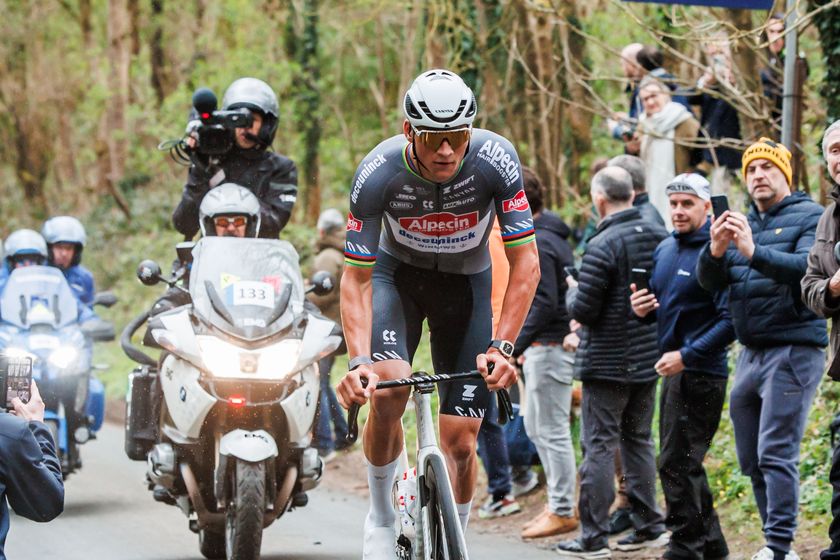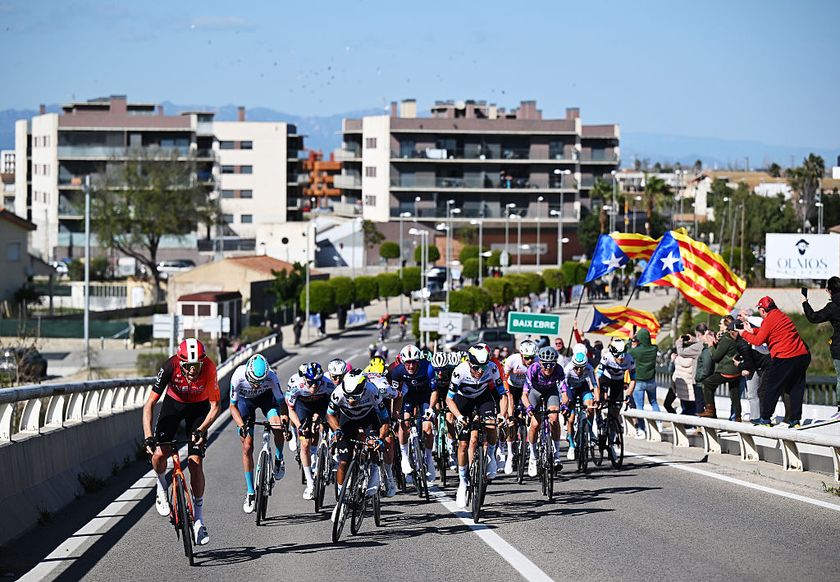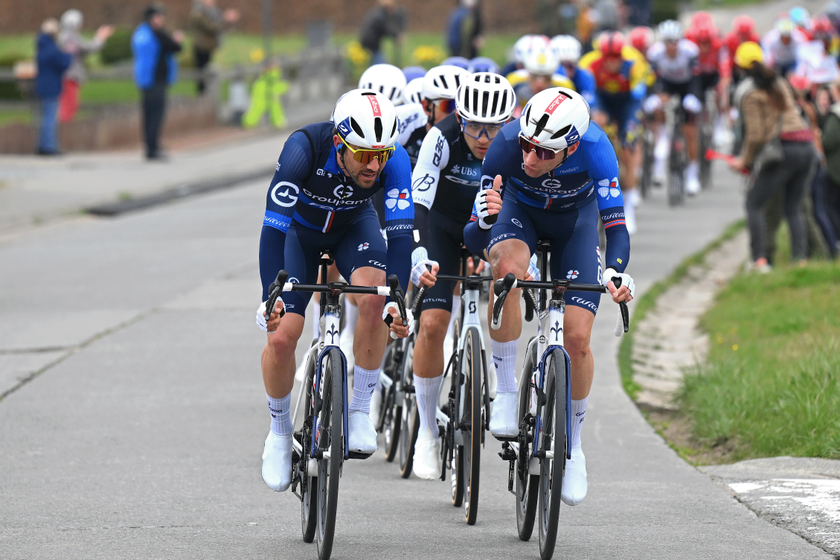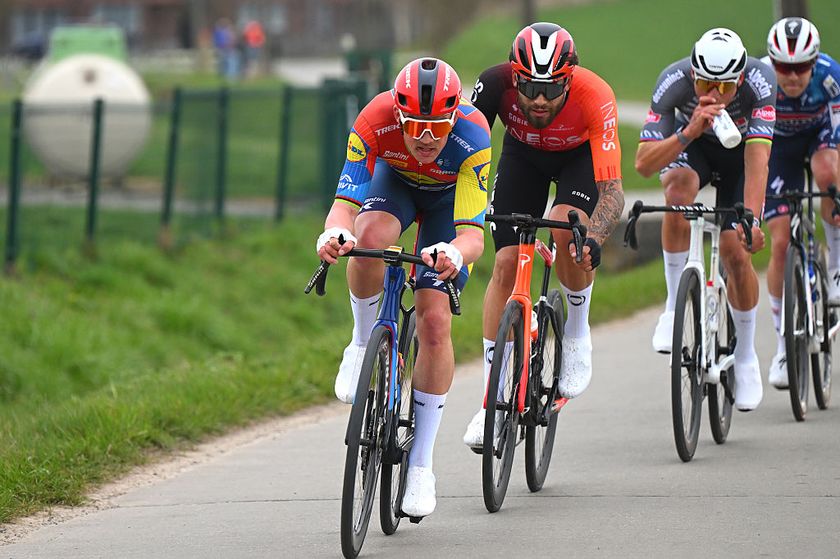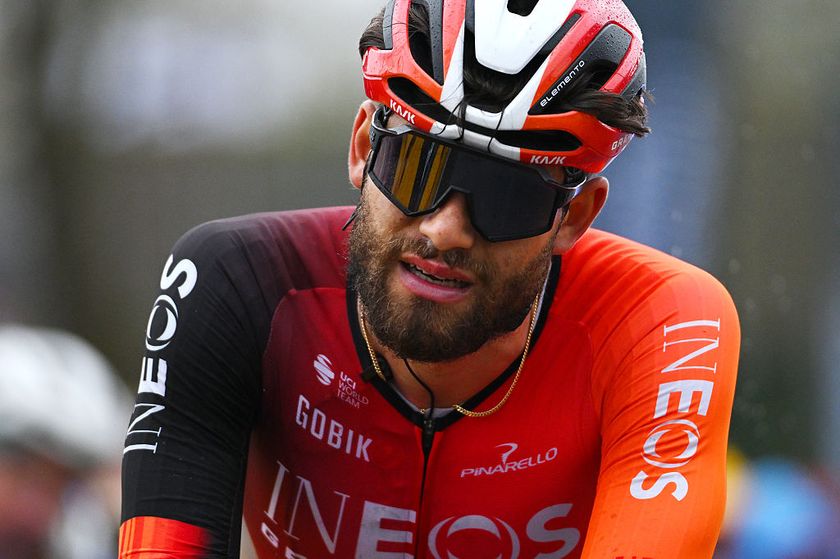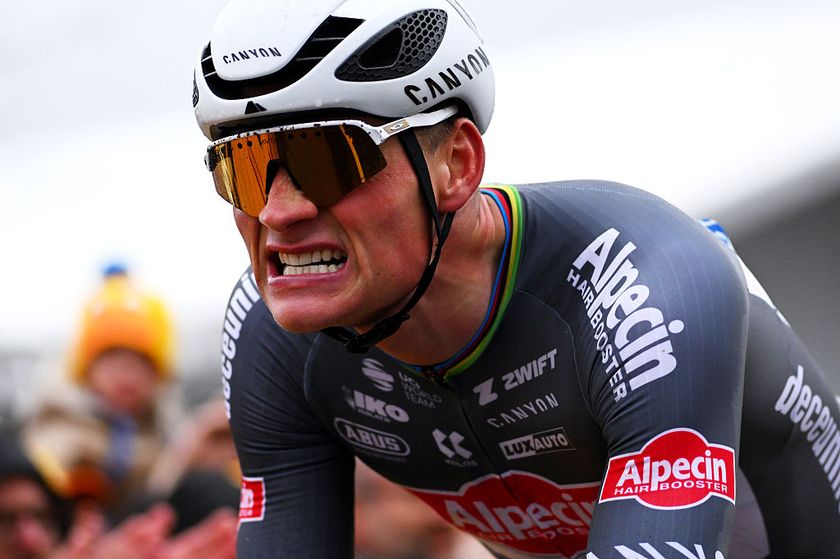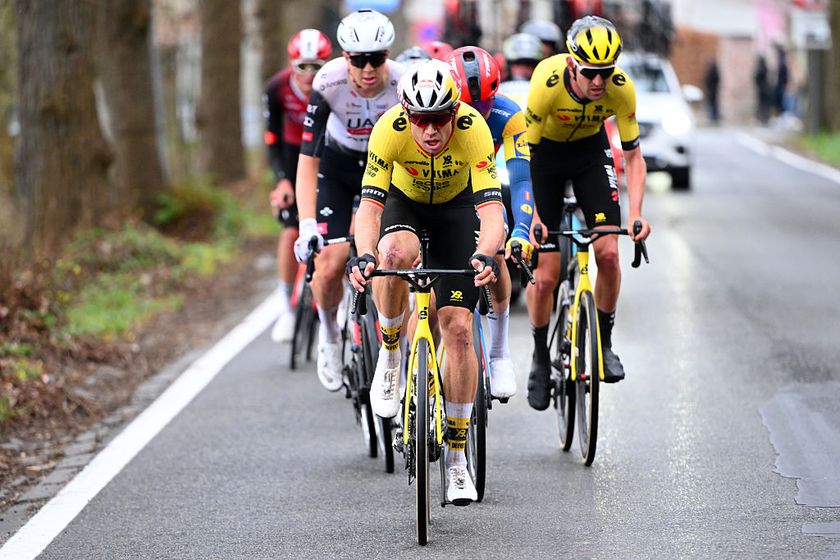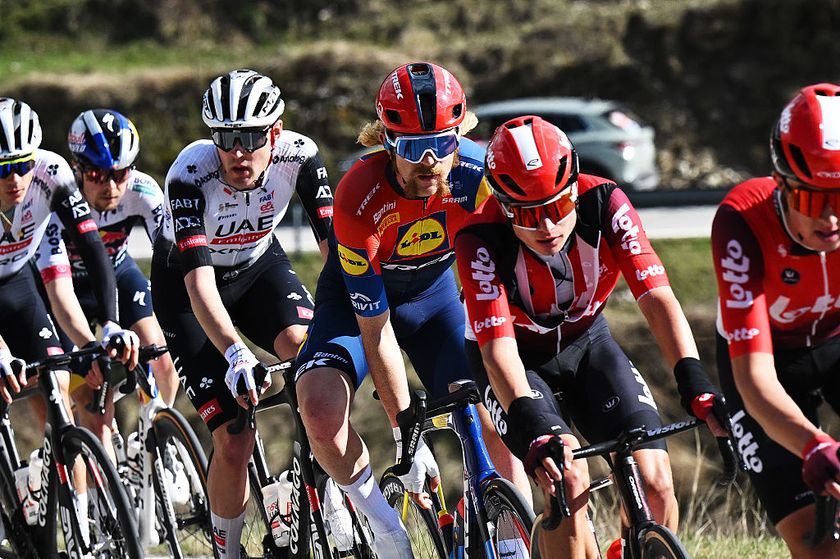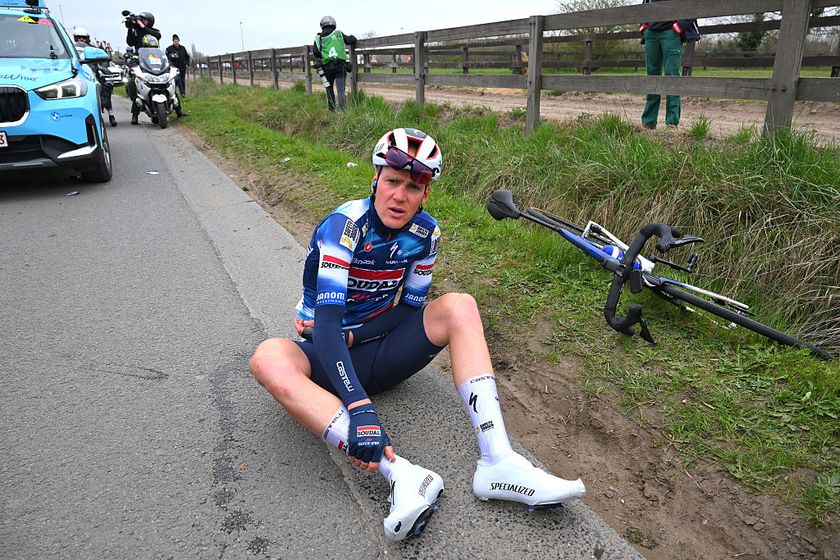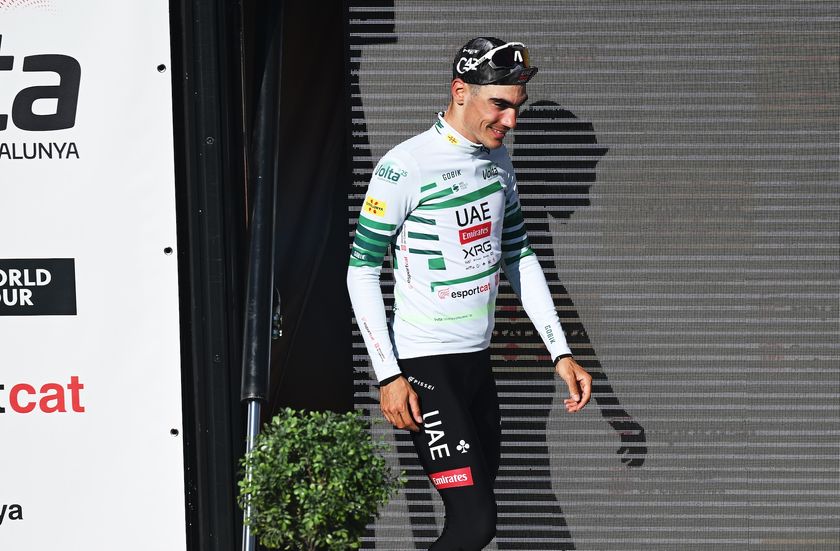Roche on McQuaid and Kimmage
Decries personal element in acrimony



Not since the halcyon era of the 1980s did Irish cycling enjoy a day comparable to Thursday. Shortly after the official confirmation that Belfast would host the start of the 2014 Giro d’Italia, Martyn Irvine claimed Ireland’s first gold medal at the track world championships in 117 years by winning the scratch race in Minsk, scarcely an hour after he had taken silver in the individual pursuit.
Of course, some of Irish cycling’s most notable figures have already claimed their share of column inches in the international press in recent months, albeit for quite different reasons. Pat McQuaid’s position as UCI president has been called into question in the wake of the Lance Armstrong affair and no small amount of the pressure has been applied by two of his fellow countrymen, Paul Kimmage and David Walsh.
The positions of McQuaid and Kimmage are particularly entrenched. Where McQuaid defiantly defends his record as UCI president, Kimmage forms a vocal part of a lobby demanding his removal. Where McQuaid launched libel proceedings – since suspended – against Kimmage for his journalistic output, Kimmage has lodged a criminal complaint against the UCI in a Swiss court.
Stephen Roche has known both men since the 1970s – the Roche, McQuaid and Kimmage families are steeped in Dublin cycling tradition – and the former Giro and Tour de France winner believes that there is a personal element to the acrimony between McQuaid and Kimmage.
“Unfortunately, I think it’s a bit personal and it’s unfortunate that it’s been aired in the press, the laundry’s been aired in public,” Roche told Cyclingnews in Belfast. “After a while, you have to say, ‘let’s get on with things, let’s find someone else to throw stones at.’ Maybe Paul feels Pat has hurt him, while Pat feels Paul and David have hurt him.”
Darach McQuaid – the younger brother of Pat – was instrumental in bringing the Giro start to Ireland, and he asked Roche to help the bid in an ambassadorial capacity. Roche acknowledged his own long-standing relationship with the McQuaid family, but he was adamant in his support of Pat McQuaid as UCI president.
“First of all, I would say: find someone better than Pat,” Roche said. “I don’t think you can find someone out there who has more passion than Pat. Maybe there were some mistakes made. The UCI is a federation but it’s also a business and what businessman hasn’t made mistakes to help the company work better?
Get The Leadout Newsletter
The latest race content, interviews, features, reviews and expert buying guides, direct to your inbox!
“Now I’m not saying that Pat has made mistakes, but maybe some of the decisions could be debated today. But at the same time, let’s not forget the good Pat has done for cycling in the past number of years since he’s been in power. You can’t throw away all the good things he’s done, like the biological passport, and just look at the bad things.”
Rough Ride
While Roche maintains cordial ties with the McQuaids, his friendship with Kimmage was ruptured following the publication of Rough Ride in 1990. Kimmage’s seminal autobiography outlined the doping culture in cycling in the 1980s and Roche admits now that it was a message ought to have been heeded far sooner.
“Looking back, you could say Paul and David have done a lot of ‘harm’ to cycling but they harmed it to make it better, if you know what I mean,” Roche said. “Initially, they were voicing a lot of negative stories about cycling, but maybe if people had looked to what they were saying years ago – myself included – then maybe this whole thing could have been a five year saga rather than a fifteen year saga.”
When Rough Ride first hit the shelves 23 years ago, however, Roche poured scorn on the book’s claims regarding doping in a column in the Irish Times, to the chagrin of Kimmage. Asked if he now regretted that reaction, Roche said: “I’ve said it on numerous occasions and I’ve said it in public: yes, my reaction to Rough Ride was as a young kid hot off the block and I didn’t really know what was going on.”
“If what has come out in the last few months hadn’t come out, I’d still have thought Paul had exaggerated a bit in his book,” Roche continued. “But now I see with what’s come out that I definitely had my head in the sand. And I regret that we didn’t give Paul more space at the time, that we didn’t listen to him and react. But I took it that this was a little guy with a chip on his shoulder who didn’t make it and was kind of relieving himself of all this crap.
“The only thing I won’t take back is that these guys got a lot out of cycling: it wasn’t all negative. I cannot comprehend someone who got so much from cycling going out and being so harsh with something that’s given him everything he has. That was my main issue with it then, and it is today even now.”
There is some divergence, too, in Roche and Kimmage’s views on cycling’s next steps in the wake of the Armstrong affair. While Kimmage is among the faction in favour of the establishment of a Truth and Reconciliation Commission, Roche is more circumspect on the prospect.
“The in thing today is coming out. Many guys just feel they have to go and tell the world they took stuff during their career. I think it’s a bit unfortunate. Is this system the solution? Getting everything out there and moving on? I don’t know. I don’t know what the solution is.”

Barry Ryan was Head of Features at Cyclingnews. He has covered professional cycling since 2010, reporting from the Tour de France, Giro d’Italia and events from Argentina to Japan. His writing has appeared in The Independent, Procycling and Cycling Plus. He is the author of The Ascent: Sean Kelly, Stephen Roche and the Rise of Irish Cycling’s Golden Generation, published by Gill Books.
